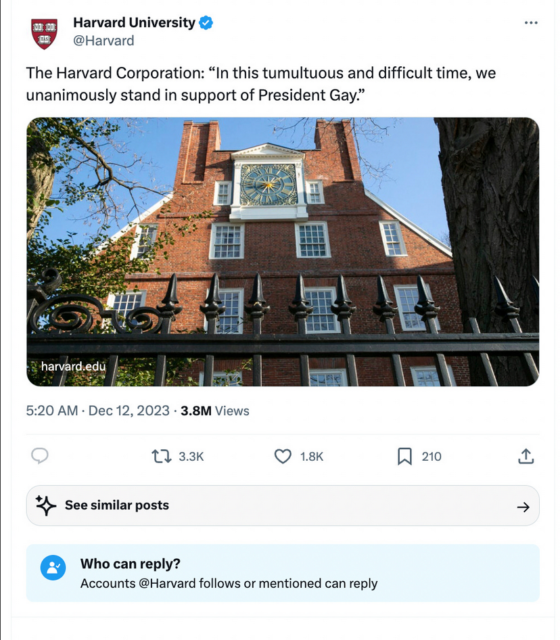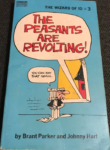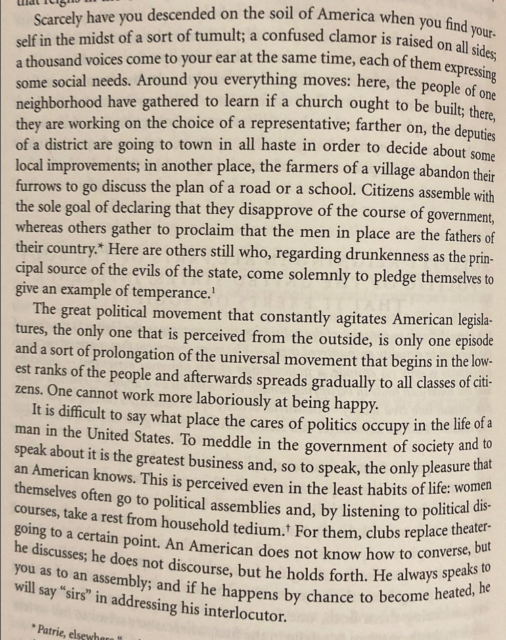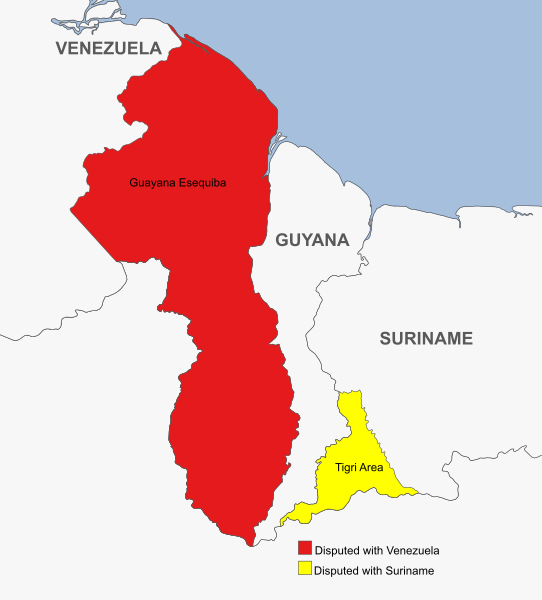Theophilus Chilton reposted an older article from 2019 that clearly still has relevance:
For the past few years, we have been seeing a tremendous increase in a phenomenon which I refer to as “social prosecution”. This has taken place as the Left finds itself in a position of increasing power over the culture and the means of cultural discourse (e.g. social media, flow of information on the internet, etc.). Yet, the Left has not been able to establish more than a relative parity with the nominal Right in the formal political arena. As a result, the Left has had to seek alternative means for punishing its enemies since they don’t have much ability to do so formally yet.
Before I proceed to the main discussion about social prosecution, I’d like to lay a little groundwork first. It’s often said that politics is downstream from culture. In other words, as trends, assumptions, mores, and whatnot within a society’s cultural milieu begin to change, these values will begin to be reflected in the political realm after a bit of lag time. However, an equally salient fact is that culture, in turn, is downstream from power – which is not to be confused with politics.
Power is the ability to shape or change your circumstances in a real way, one that is actually effective. As a result of the Left’s long march through the institutions, they have gained significant (and in some cases total) control over most areas of information control and influence – the academy, entertainment, social media, journalism, and much more. This allows them to alter the direction in which western cultures evolve, which then translates into political change on down the road. That is an exercise of real power, no matter how silly we may be tempted to think Clown World is. But, it’s necessarily a slow process.
We all know the Left would love to be able to persecute and destroy its opponents completely, if only it were in a position to be able to. We know this because that’s what the Left always does when it achieves political power. It even does this to the extent of cannibalising itself of those who are not the “right kind” of leftists, the sort of purity spiraling that was observed in the early portion of Solzhenitsin’s Gulag Archipelago, whereby the Bolsheviks were as quick to purge Social Democrats, Anarchists, and other leftists as they were those on the Right. It’s seen even today in the USA on a smaller scale in the form of intra-leftist fighting and virtue signaling between various intersectional special interest groups.
What we all need to understand is that when it comes to the Left, there is really no such thing as a “moderate leftist” or “left-leaning centrist”. There are only leftists who cannot exercise the power they would like, and therefore cannot reveal their radicalness to the extent they would wish to, but who WILL do so as soon as they sense the opportunity. The default setting for the Left is permanent revolution, whether they are currently able to act on that impulse or not. This is why Cthulhu always swims left – apart from nominal rightist opposition (which, let’s face it, has been purposefully tepid in most of the West for over a generation), there really are no brakes checking the Left’s movement in that direction.
So what can the Left do when it finds itself in the position of having “soft” power (through control of institutions, opinion-shaping, etc.) such that it can influence the culture, but their ability to exercise political power has not “caught up” yet?
This is where social prosecution comes in. It is a technique that the Left uses as a “cheat code” to harm its enemies, even though it would seemingly have no formal power available to really be able to do so (through being restrained by residual constitutionalism, control of political offices by political enemies, etc.). It does so by playing to its strength – power over culture dissemination (which is not the same thing as culture creation, we should remember) and the flow of “social information” via social media, “woke capital,” and so forth. It uses these to create social circumstances in which those with the wrong attitudes, who express the wrong opinions, or are even merely representative of the wrong demographic or cultural idea, can be targeted (akin to Alinksy’s Rule 12 – “Pick the target, freeze it, personalise it, and polarise it”) and neutralised.






















